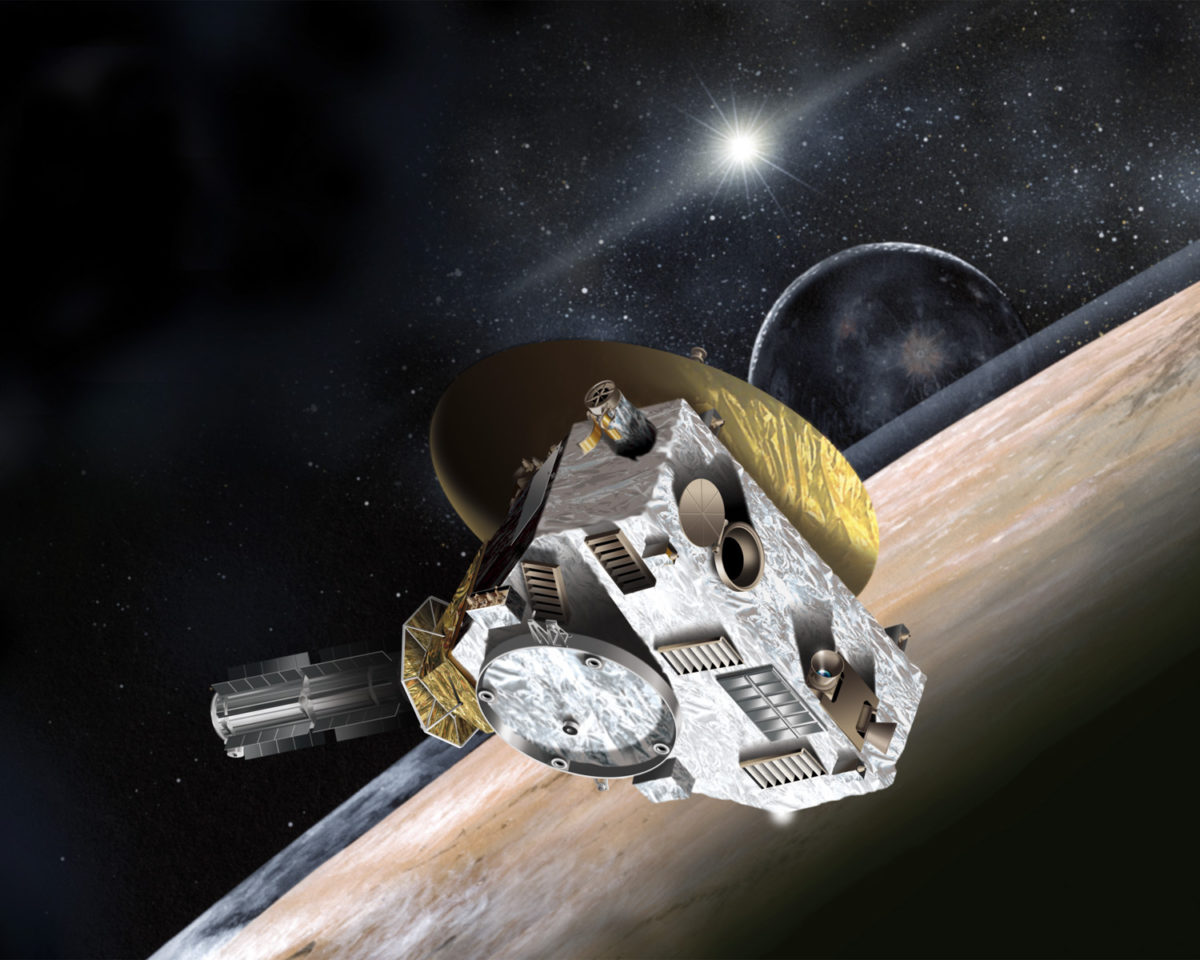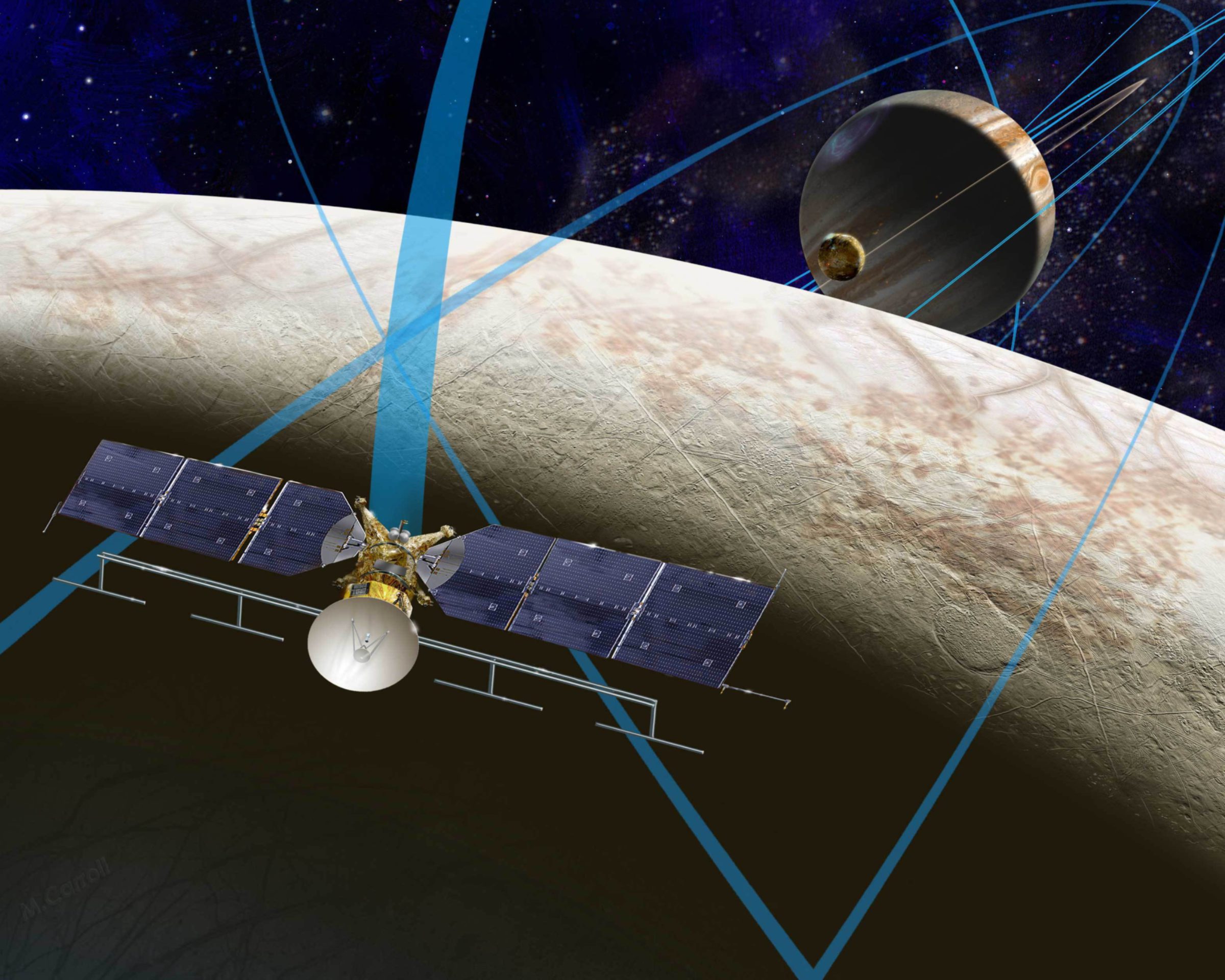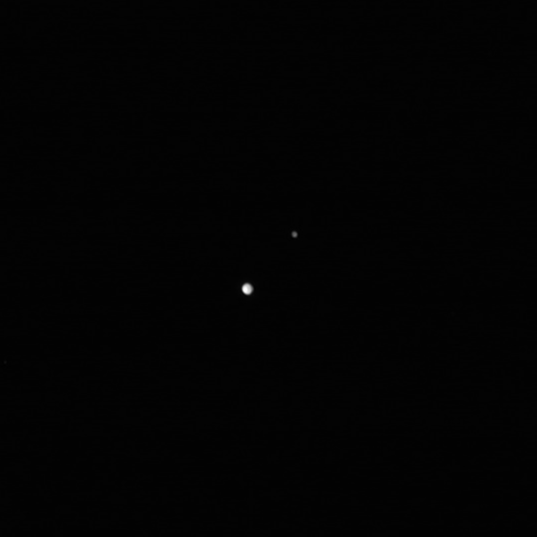Casey Dreier • Jul 07, 2015
New Horizons is a Triumph for Space Advocates
It’s almost too good to be a coincidence. The very year that New Horizons arrives at Pluto—a mission hard fought for by the Society and its members—a new mission to Europa officially begins.
You can say that Europa is the new Pluto. The two missions share a common bond of dashed hopes and false starts despite being destinations long desired by scientists and the public alike. The time investment for both missions to be built, fly, and finally return data spans the decades. Both will rewrite textbooks and both will be historical monuments of exploration.
But remember this: New Horizons—what will be NASA’s greatest success of 2015—was cancelled multiple times in its early life, and many times before that in its previous incarnations. A mission to Pluto was not inevitable, despite the overwhelming scientific and public excitement. Same for Europa.
New Horizons (and the current state of the Europa mission) exist because of the unyielding commitment of many individuals within NASA, the scientific community, and external advocates like The Planetary Society. Back in the early 2000s, we were an aggressive force in lobbying for Pluto, making numerous visits to Capitol Hill and triggering over 25,000 letters of support from its members (then board member Bill Nye has vivid memories carting those around Congress). The industry magazine Aviation Week even presented us with a “Laurel” award for our Pluto advocacy efforts in 2002.


That we are just now savoring the fruits of those Pluto efforts thirteen years later is a reminder of the long game that we play as space advocates. There’s a lot of space in space, as our CEO likes to say. It’s one of the most difficult problems to overcome. The delay in returns makes missions like Pluto (and Europa) easy to cancel in their early stages when they are still abstract concepts. It can be politically difficult, and NASA Administrators O’Keefe and Griffin, Senator Barbara Mikulski (D-MD), and the Bush White House deserve our appreciation for making this mission happen, too. It’s part of their legacy.
The stunning images sent back by New Horizons reminds us all of the payoff that awaits us with these types of missions. Textbooks will be rewritten. Future scientists and engineers will recall this moment when they were inspired to enter those careers. We all feel the thrill of expanding the frontier of human knowledge. And we all should feel proud as space advocates that we played a small part in helping this become a reality.
Europa will be the same. Even under the most optimistic budget scenarios, a spacecraft wouldn’t arrive at the Jupiter system until the mid 2020s—nearly ten years from now. But when it does, and you see those first high-resolution images of that fractured, icy surface of one of the solar system’s most enigmatic moons, you can think back to those crucial moments—those moments when it really mattered—when you called your congressperson, or wrote your senator, or joined The Planetary Society—and feel a small bit of ownership over yet another historical achievement in human exploration.
It’s a great time to be a space advocate.

Support our core enterprises
Your support powers our mission to explore worlds, find life, and defend Earth. You make all the difference when you make a gift. Give today!
Donate

 Explore Worlds
Explore Worlds Find Life
Find Life Defend Earth
Defend Earth

